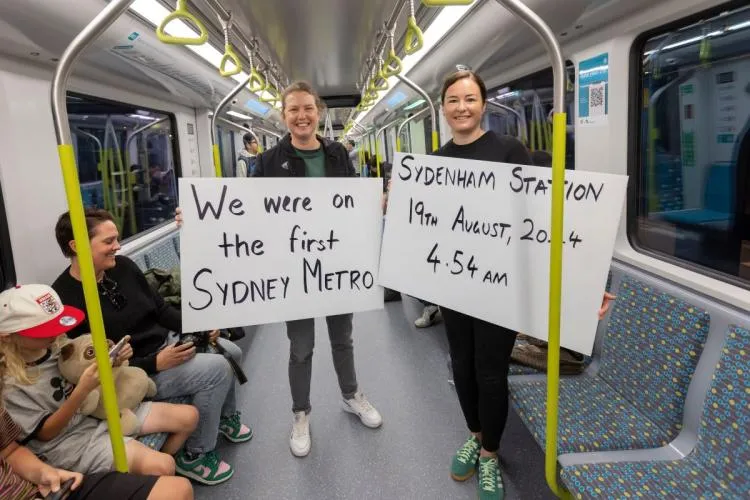Nine out of ten peak-hour commutes in Singapore should take less than 45 minutes by 2040, saving the average person around 15 minutes every weekday.
This is one of the recommendations that the Land Transport Master Plan’s (LTMP) advisory panel submitted to the government to make public transport more connected, safer and inclusive.
The recommendations are based on more than 7,400 responses taken from a public engagement exercise conducted by the
LTMP’s panel is seeking to establish a transport system in Singapore where public and shared transport modes are the preferred choice for commuters which it says will require continued investment in bus, rail, and active mobility network as well as point-to-point mobility services.
For safety, the panel is calling on the government and the public to work together towards making journeys safer and reducing land transport-related fatalities. It also wants more community spaces for walking, cycling and public transport and a switch to cleaner energy sources for all fleets to reduce air and noise pollution.
According to the panel, an inclusive transport system which is accessible for disabled passengers and individuals with young children requires a collective effort between commuters, transport operators and the government. In addition, it is urging transport operators to equip public transport workers with the capabilities to meet the needs of all passengers, including those with special needs.
Dr Janil Puthucheary, senior minister of state for transport & communications and information, and chair of the LTMP advisory panel, says land transport needs to contend with technological disruptions to the industry, demographic changes and land constraints.
“The vision, targets and strategies we recommend were developed with Singaporeans’ feedback, and together, I am confident we will build a better land transport system for the future,” Puthucheary adds.
Peak-hour commutes of less than 45 minutes by 2040, says panel
Nine out of ten peak-hour commutes in Singapore should take less than 45 minutes by 2040, saving the average person around 15 minutes every weekday.
This is one of the recommendations that the Land Transport Master Plan’s (LTMP) advisory panel submitted to the government to make public transport more connected, safer and inclusive.
The recommendations are based on more than 7,400 responses taken from a public engagement exercise conducted by the Land Transport Authority. The study included feedback fr
February 19, 2019
Read time: 2 mins
Related Content










